July 17, 2025 | 14:48 GMT +7
July 17, 2025 | 14:48 GMT +7
Hotline: 0913.378.918
July 17, 2025 | 14:48 GMT +7
Hotline: 0913.378.918
The field visit was part of the High-Level Inter-regional Knowledge Exchange on One Country, One Priority Product (OCOP) Models, co-organized by the Vietnam's Ministry of Agriculture and Environment and the Food and Agriculture Organization of the United Nations (FAO). This is the second high-level FAO delegation to work in the province, following the visit of Director-General Qu Dongyu in February.
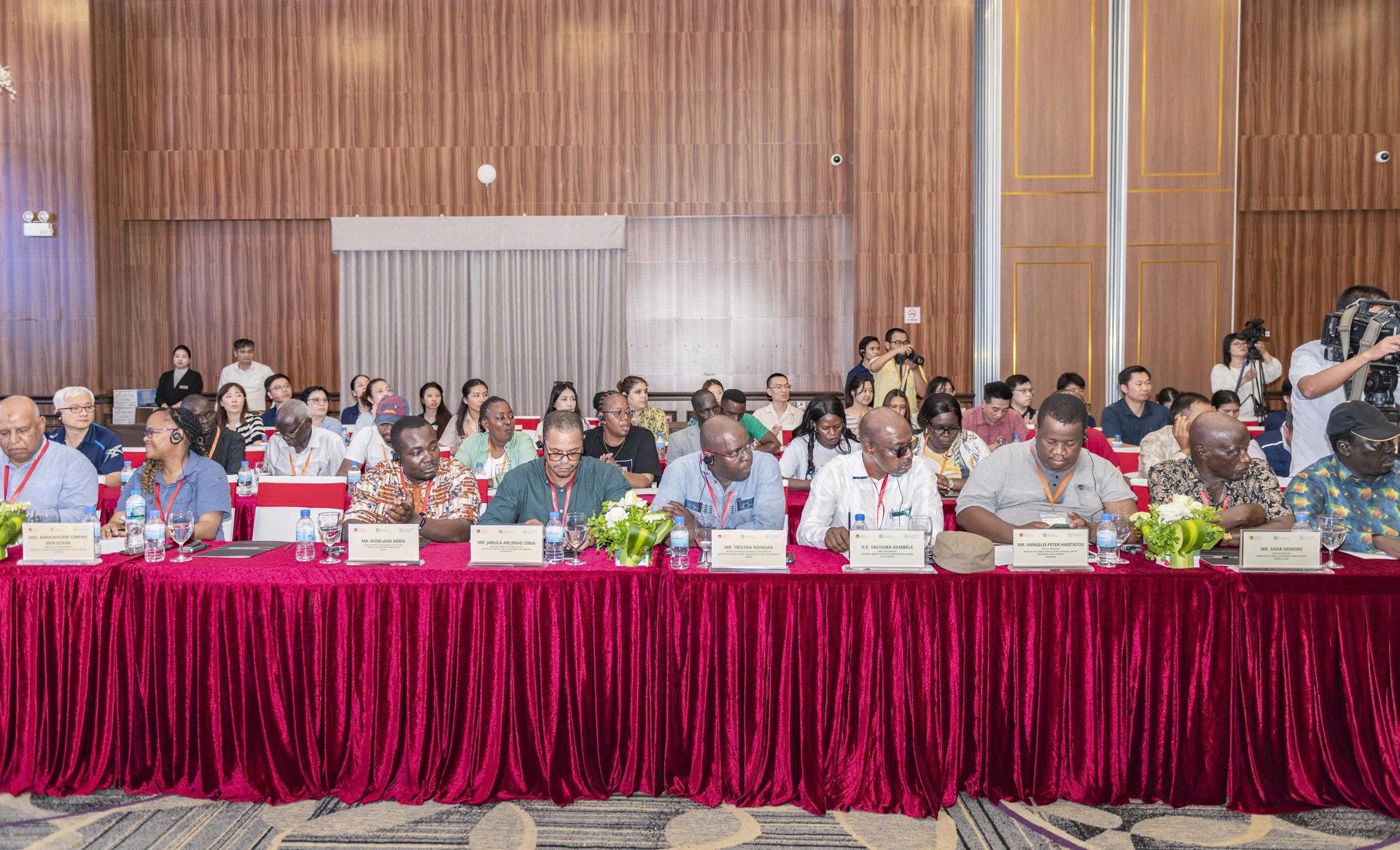
Ministers and agricultural leaders from African and Asia-Pacific countries visited and held a working session with the People's Committee of Ninh Binh province, Vietnam. Photo: Tran Van.
According to Mr. Truong Quoc Bao, Deputy Director of the Department of Agriculture and Environment of Ninh Binh, after more than six years of implementing the OCOP Program, the province now has 980 OCOP products rated three stars or higher, with over 80% belonging to the food category. Most of these products have seen significant increases in revenue and value after being certified, making positive contributions to rural economic development, job creation, and improved incomes and livelihoods for local people.
On this occasion, Ninh Binh province shared its practical experience in implementing the OCOP program at the local level and introduced strategic orientations to enhance the quality, value, and competitiveness of OCOP products in the coming time.

According to Mr. Truong Quoc Bao, Deputy Director of the Department of Agriculture and Environment of Ninh Binh, this is the first locality in the country to have a 5-star OCOP product in rural tourism (the Ecohost - Hai Hau product). Photo: Tran Van.
"In the time ahead, the Government of Vietnam aims to elevate the OCOP program into a global movement deeply rooted in cultural heritage and the unique identity of each region, while aligning with the goal of sustainable development," affirmed Dr. Nguyen Do Anh Tuan, Director General of the International Cooperation Department under the Ministry of Agriculture and Environment.
To realize this vision, Ninh Binh province has identified the OCOP program as a key strategy to promote rural economic development and to build a modern, sustainable new countryside.
“The province’s OCOP products will be developed along value chains, closely linked to cultural heritage and the specific conditions of each locality,” Mr. Bao explained. “We need to view every OCOP product as a 'cultural ambassador' one that not only carries economic value but also conveys the identity, traditions, and essence of Ninh Binh's land and people to the wider community, both domestically and internationally.”
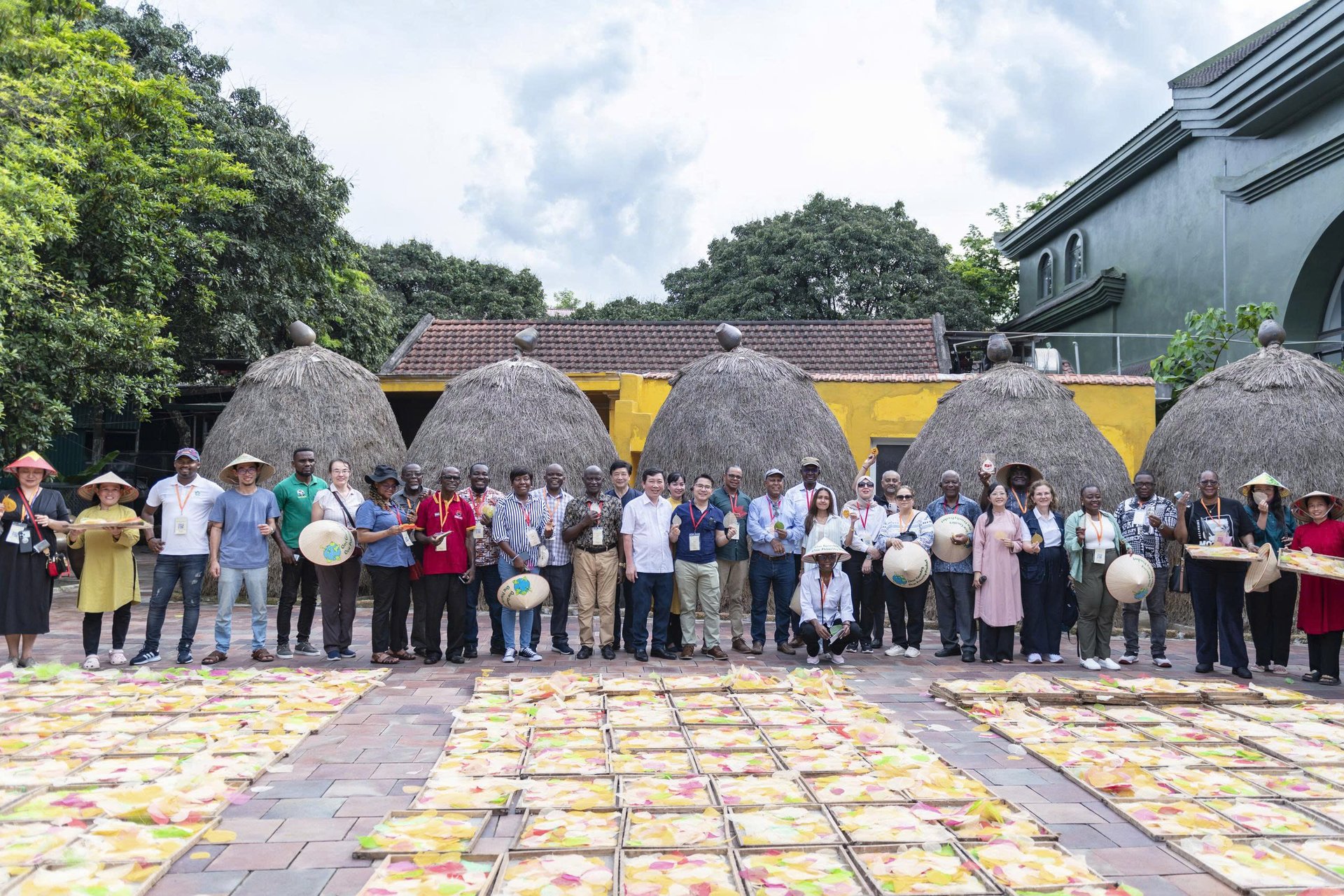
The delegation from African and Asia-Pacific countries visited Sinh Duoc Cooperative. Photo: Tran Van.
In addition to diversifying product designs and improving quality, Ninh Binh province places strong emphasis on trade promotion activities by participating in fairs, exhibitions, major events, and boosting sales through e-commerce platforms. The province is also actively refining financial mechanisms and policies to effectively implement the OCOP Program and foster production to distribution linkages.
At the same time, priority is given to developing cooperatives and small- and medium-sized enterprises (SMEs) aligned with green OCOP principles, circular economy practices, and stable raw material zones.
Regular inspection and supervision of product quality will be carried out to ensure food safety, protect the environment, and promptly address violations, contributing to maintaining consumer trust and enhancing the credibility of the OCOP program in the province.
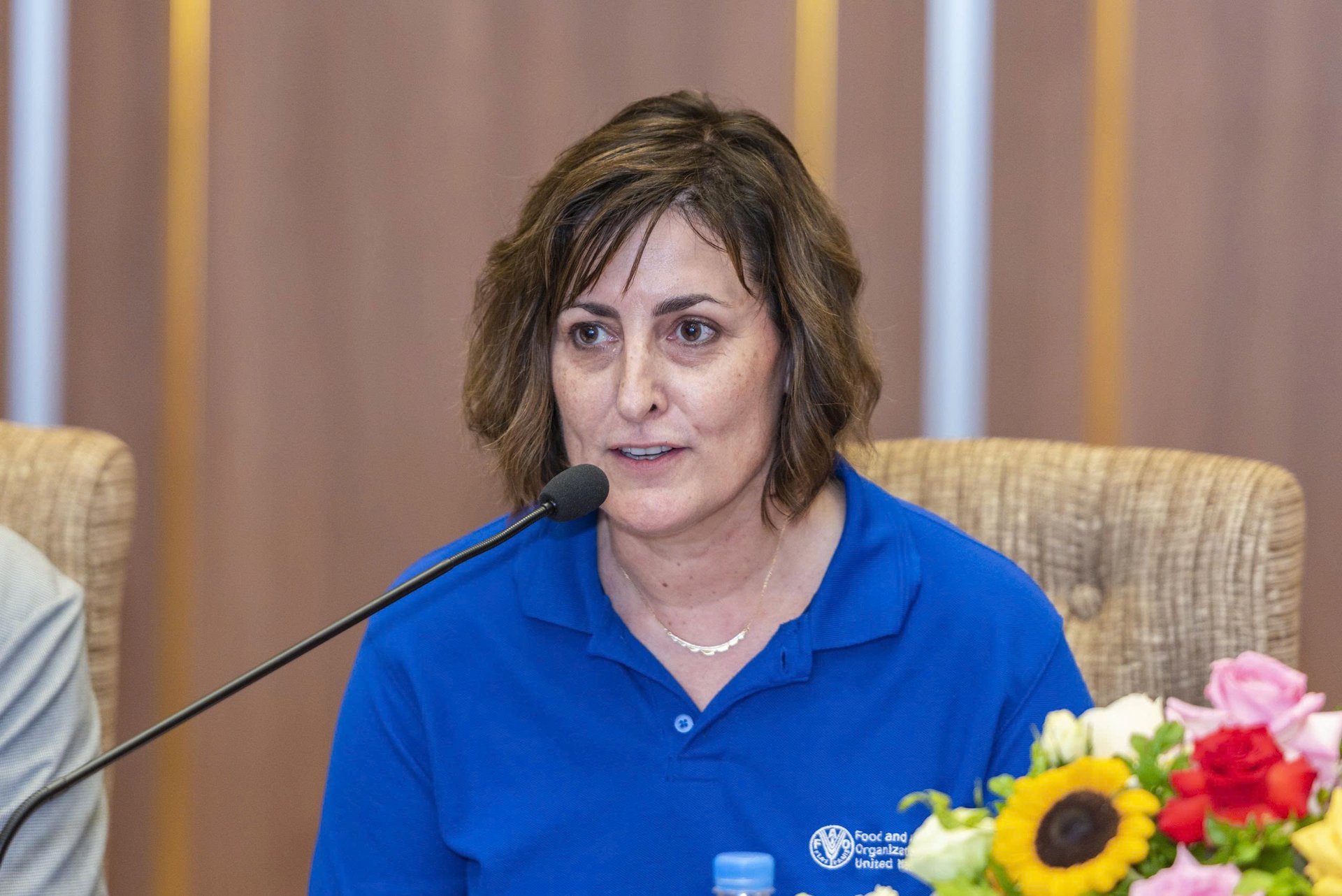
FAO Deputy Director-General Beth Bechdol expressed her admiration for Ninh Binh's OCOP products. Photo: Tran Van.
According to FAO Deputy Director-General Beth Bechdol, Vietnam has gained valuable lessons through the OCOP program from improving product quality and expanding markets to building brands closely tied to cultural identity and heritage.
“This visit is a historic event, as international delegates come together to exchange experiences and advance OCOP initiatives,” emphasized Ms. Beth Bechdol. “There is so much we can learn from Vietnam, and today in Ninh Binh, we had the opportunity to see firsthand how OCOP products are developed. Each product here vividly reflects the cultural identity, beliefs, and pride of the local people.”
The FAO Deputy Director-General added that African leaders are currently focusing on increasing the productivity of strategic crops such as soybeans, rice, bananas, kiwi, and date fruit. FAO shares a common commitment to enhancing agricultural productivity, promoting rural economic development, generating employment, strengthening resilience to environmental shocks, and thereby contributing to food security for partner countries.
Translated by Kieu Chi
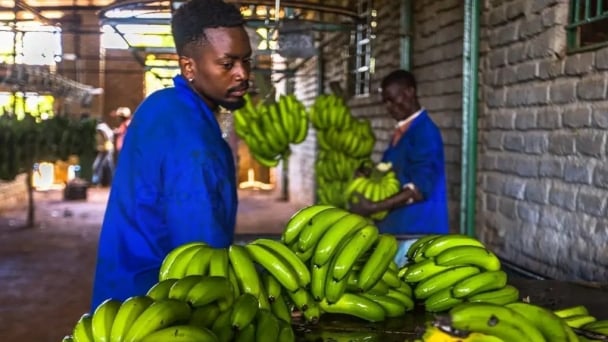
(VAN) Many African countries have reached a consensus in viewing OCOP as a viable solution to overcome production challenges and expand sustainable value chains.
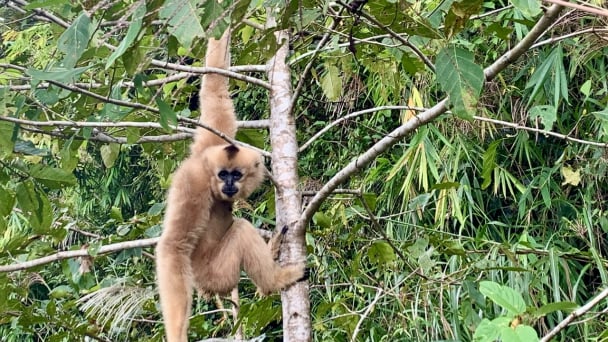
(VAN) One of the few remaining areas in the Central Highlands that still preserves an almost intact forest ecosystem, abundant in endemic biodiversity, is Ta Dung.

(VAN) Deputy Minister Tran Thanh Nam shared extensive experience on ensuring food security and sustainable agricultural production with the Minister of Agriculture and Fisheries of Congo.

(VAN) Western Nghe An, fully converging cultural, ecological, and biodiversity values, currently remains the largest terrestrial biosphere reserve in Vietnam.
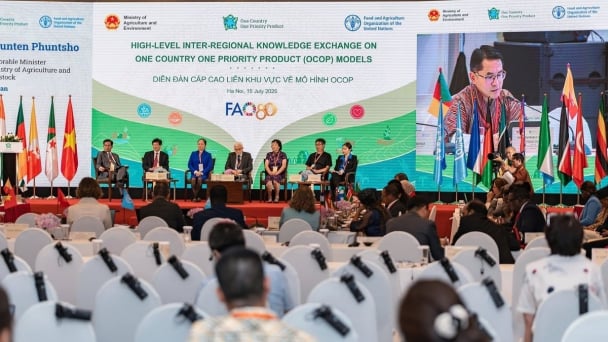
According to Deputy Minister Hoang Trung, Vietnam is committed to working alongside African countries to develop agriculture and ensure global food security.

(VAN) On July 15, in Hanoi, the Vietnam–Brazil Friendship and Cooperation Association organized its third National Congress for the 2025–2030 term.